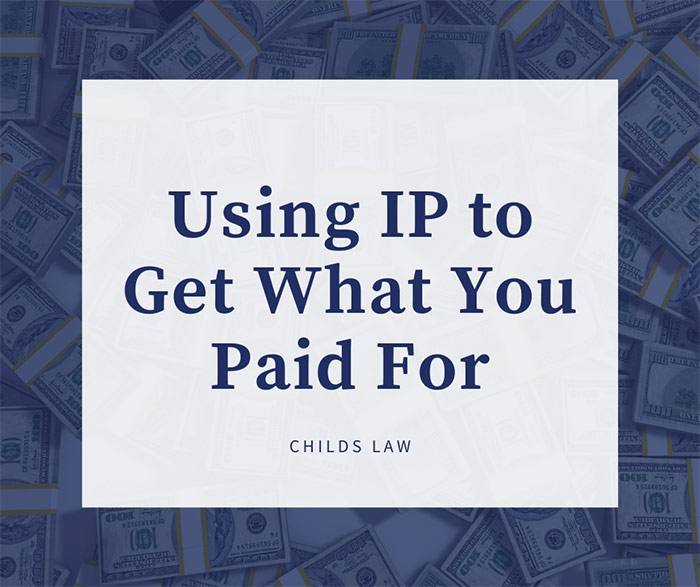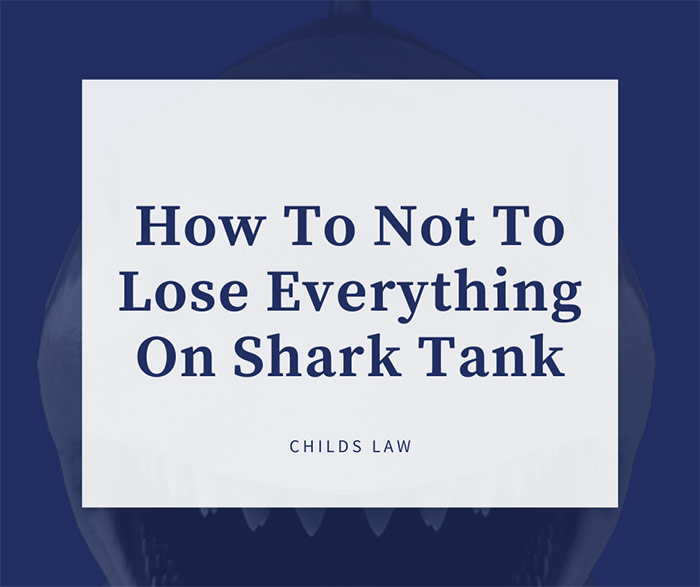Using IP To Get What You Paid For
If You Run an Innovative Business, Not Doing This Is Like Setting Your Money on Fire. Use IP Contracts to Get What You Paid For. One of the first lessons many people learn in business is that you cannot do everything yourself. You have to hire others to help you. This leads to one of the harshest lessons in business: just because you paid for it, doesn’t mean you own it. The patent laws are stacked against you. They were designed to protect inventors; not founders, business owners, or executives. Here’s how you get hurt: you hire someone as an employee or a contractor to perform research and development, to consult, or to build a prototype. You paid them so you assume that the invention will belong to you. The good news is that you are partially correct. The EXACT prototype delivered to you usually belongs to you. But what about the intellectual property? Who owns the invention? That’s the bad news: without the right legal contract in place, the inventor AUTOMATICALLY owns intellectual property in the invention. That means that they can sue you if you make copies without THEIR permission. This means they can walk out the door…






